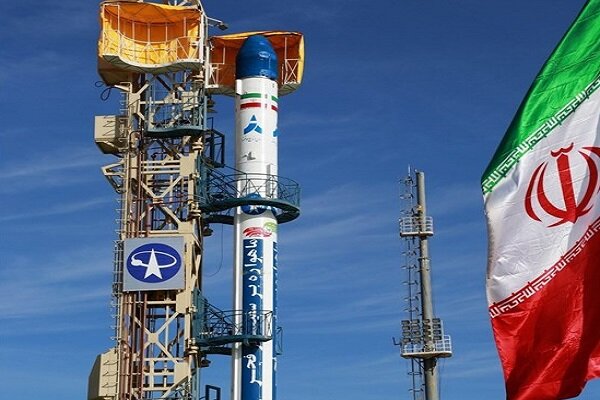Iran building advanced Pars 2 imaging satellite: official

Hossein Salariyeh said on Wednesday that since the beginning of the current year [started on March 2023], certain measures have been adopted in line with the country’s 10-year space vision plan.
“We have already started the construction of several micro-satellites and mini-satellites. The construction of Pars 2 and Pars 3 satellites has commenced in conjunction with the Electronic Industries Organization of the Ministry of Defense and Space Research Institute. The construction phase of Pars 2 has begun, and Pars 3 is in the preliminary design phase,” he said.
Salariyeh also said the prototype of the Nahid 2 satellite has been unveiled, and the final model ready for launch will be built either by the end of the year or the onset of next year.
“The satellite will provide communication services at low altitude. The design and construction plan of Nahid 3, which is much more sophisticated, has also been set out, and is on the agenda,” Salariyeh said.
He also said the construction of a radar-class sensing satellite has begun for the first time in the country, stating that sensing radar satellites have the advantage of collecting sensing data from the earth’s surface in any weather condition.
The Islamic Republic, Salariyeh said, will launch several satellites into space and place them into low Earth orbits (LEOs) within the coming months.
“We will have orbital and sub-orbital test launches within the next six months, thanks to research and development (RD) programs that have been carried out,” Salariyeh said.
Despite sanctions imposed by Western countries in recent years, Iran has managed to take giant strides in the civilian space program.
It is among the world’s top 10 countries capable of developing and launching satellites.
On September 27, Iran’s Islamic Revolution Guards Corps (IRGC) Aerospace Force successfully launched the homegrown imaging satellite Noor-3 into orbit.
Noor-3 (Light-3) was launched by satellite carrier Qased (Messenger) and placed into an orbit 450 kilometers (280 miles) above the Earth’s surface.
“With the efforts of IRGC Aerospace Force specialists, a few moments ago, the Noor-3 imaging satellite was successfully placed into a 450 km orbit of the earth with the Iranian Qased satellite carrier,” Minister of Communications and Information Technology Issa Zarepour wrote in a post published on X, formerly known as Twitter.
MNA/PressTV
source: en.mehrnews.com





